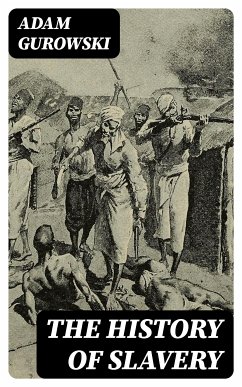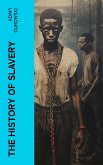In "The History of Slavery," Adam Gurowski meticulously explores the multifaceted dimensions of slavery, stretching across historical epochs and cultural landscapes. Written with an analytical rigor characteristic of 19th-century scholarship, the text intertwines first-hand accounts, sociopolitical analysis, and legal contexts, presenting a profound examination of the institution of slavery from antiquity to modernity. Gurowski's use of narrative techniques and a wealth of historical data enriches the reader's understanding, situating slavery not only as a system of exploitation but as a complex social phenomenon influencing economic and political power dynamics. Adam Gurowski, a Polish émigré and prominent political thinker, was deeply influenced by his experiences in Europe and his encounters with American society. His commitment to social justice and political reform is evident in his work, as he seeks to illuminate the darker chapters of history to promote a more equitable future. Gurowski's unique perspectives as a historian and an abolitionist fuel his passion in advocating for human rights and dignity, making his reflections on slavery particularly poignant. This essential text is a must-read for scholars, students, and general readers alike, providing invaluable insights into the enduring legacies of slavery. Gurowski's compelling narrative not only informs but also provokes critical reflection on contemporary issues of race and inequality, making it an indispensable resource for anyone seeking to understand the historical complexities that continue to shape our world.
Dieser Download kann aus rechtlichen Gründen nur mit Rechnungsadresse in A, B, BG, CY, CZ, D, DK, EW, E, FIN, F, GR, H, IRL, I, LT, L, LR, M, NL, PL, P, R, S, SLO, SK ausgeliefert werden.









